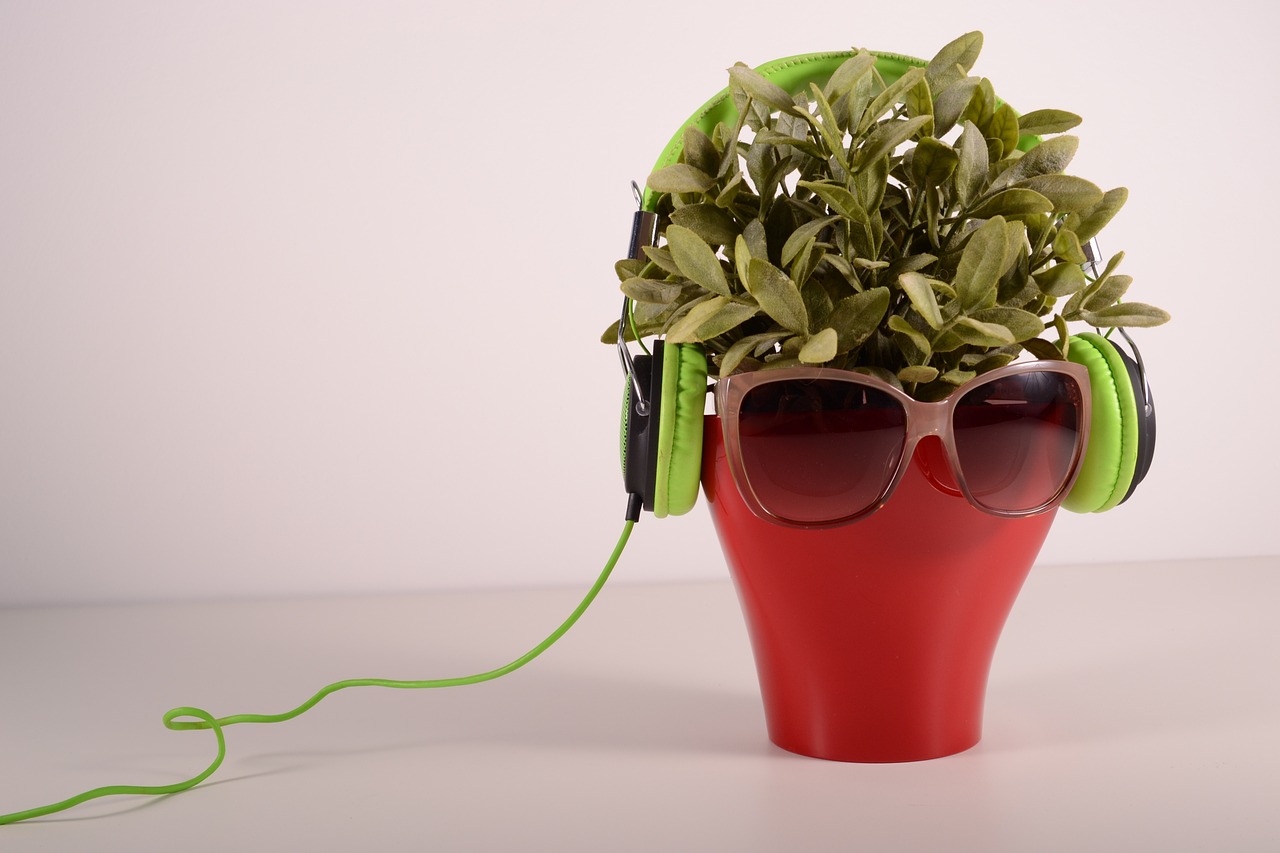The Role of Smart Home Technology in Water Conservation: Monitoring and Control
Smart home technology has revolutionized the way we interact with our living spaces. From automated lighting systems to voice-controlled thermostats, these innovative devices offer convenience and efficiency at our fingertips. With the rise of IoT (Internet of Things), smart home technology has become increasingly accessible, allowing homeowners to manage their properties remotely using smartphones or other connected devices.
In addition to enhancing convenience, smart home technology also plays a crucial role in increasing energy efficiency and sustainability. By monitoring and optimizing energy usage, these devices help reduce utility bills and minimize environmental impact. From smart meters that track electricity consumption to water-saving irrigation systems, smart home technology empowers individuals to make greener choices in their day-to-day lives.
Benefits of Smart Home Technology in Water Conservation
Smart home technology offers a multitude of benefits when it comes to water conservation. By incorporating smart devices such as water leak detectors and smart irrigation systems, homeowners are equipped with tools to monitor and manage their water usage more efficiently. These devices can detect leaks in real-time and automatically adjust water flow to optimize consumption, leading to significant water savings.
In addition to enhancing water efficiency, smart home technology also promotes sustainability. With features like weather-based irrigation controllers that adjust watering schedules based on local weather conditions, homeowners can prevent water wastage and reduce environmental impact. By intelligently managing water resources, smart home technology plays a crucial role in promoting a greener and more eco-friendly lifestyle.
What is smart home technology?
Smart home technology refers to devices and systems that are connected to a network and can be controlled remotely through a smartphone or other smart devices.
How can smart home technology help in water conservation?
Smart home technology can help in water conservation by monitoring water usage, detecting leaks, and providing real-time data on water consumption.
What are some examples of smart home devices that can help in water conservation?
Some examples of smart home devices for water conservation include smart irrigation systems, leak detection sensors, and smart shower heads.
How can smart irrigation systems help in water conservation?
Smart irrigation systems can adjust watering schedules based on weather conditions and soil moisture levels, thus preventing water wastage.
How can leak detection sensors help in water conservation?
Leak detection sensors can alert homeowners to potential leaks in their plumbing system, allowing them to address the issue promptly and prevent water loss.
Are there any financial benefits to using smart home technology for water conservation?
Yes, using smart home technology for water conservation can help lower water bills by reducing water usage and preventing costly water leaks.





